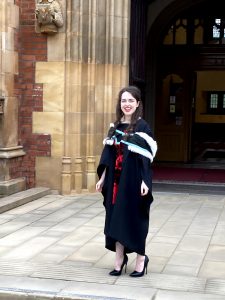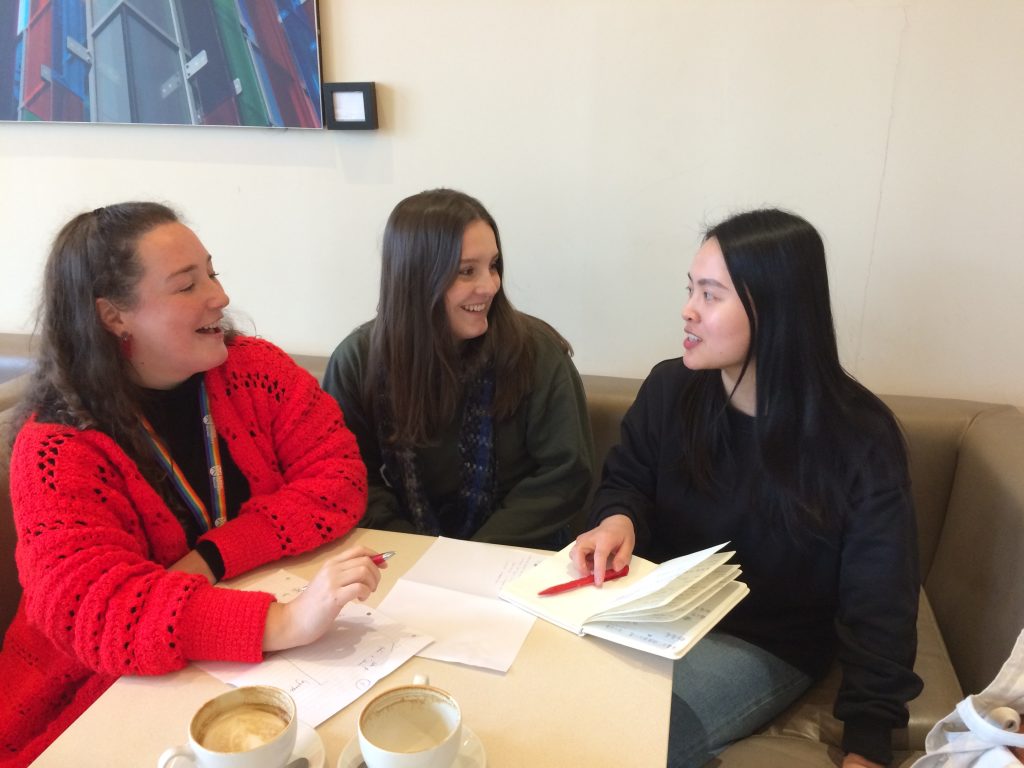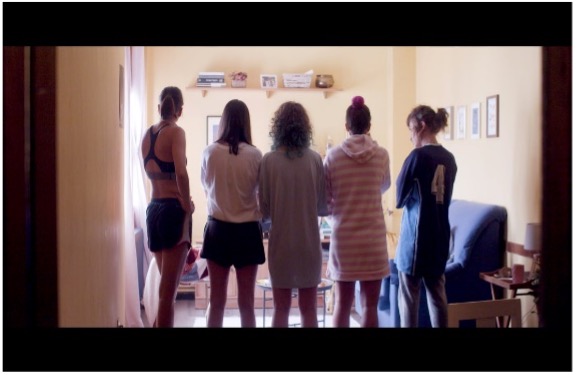This post is part of our Research Initiation Scheme for 2022-2023.

What has your academic trajectory been so far?
I really enjoyed languages at school. I studied Spanish at GCSE and took French just before GCSE, and I decided to continue them. I did an undergraduate degree in French and Spanish, and decided that I hadn’t had enough of French. I really wanted to keep going so I decided to continue on to MRes because I wanted to work in a research-led, more heavily dissertation-weighted kind of course, and I didn’t think the taught programs, like the MAs, were as good a fit. I did an MRes on medical humanities and French culture, even though I had never studied medical humanities before. The MRes is a good space to discover something completely new. I really wanted to keep this going, so I decided to apply for a PhD (which you absolutely do not have to do if you get an MRes!). The MRes sets you up well for it; you get the chance to explore other areas of the School and get a chance to experiment with some more independent work.
What are you currently working on, and why did you choose the topic?
I’m still within the medical humanities, I really enjoy it. While I was doing my MRes, I got really interested in broader networks of people. So, for example, I was looking at one person suffering with alcoholism, but I became interested in what the experience for other people around them might be like and what their lived experience of care is like. I decided to put together a PhD project with my supervisor on narratives of family alcoholism. I’m looking at people who have grown up with an alcoholic mum or dad and how they write about their lived experience and have come to understand health care and their parent’s experience. For me, it really grew out of my MRes project. I will say that that the project did change post-proposal, so there’s nothing wrong with you or the project if it has to change. The research evolves and grows with you.
Continue reading
